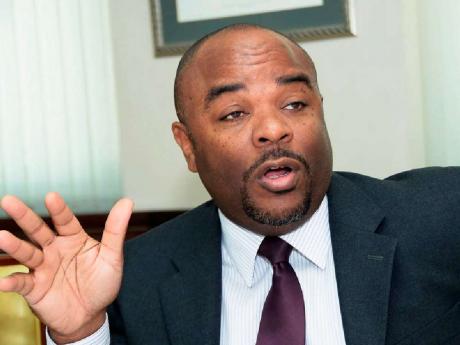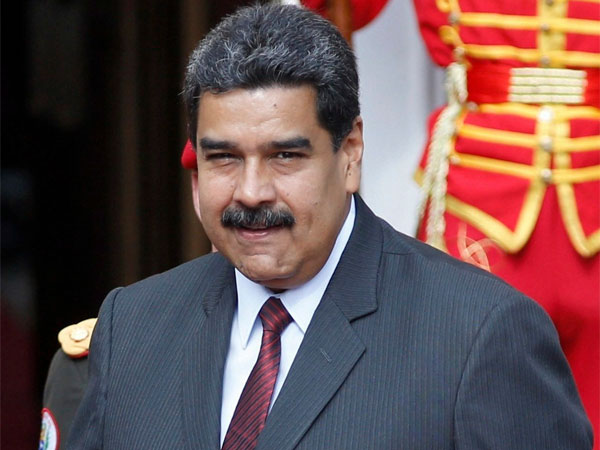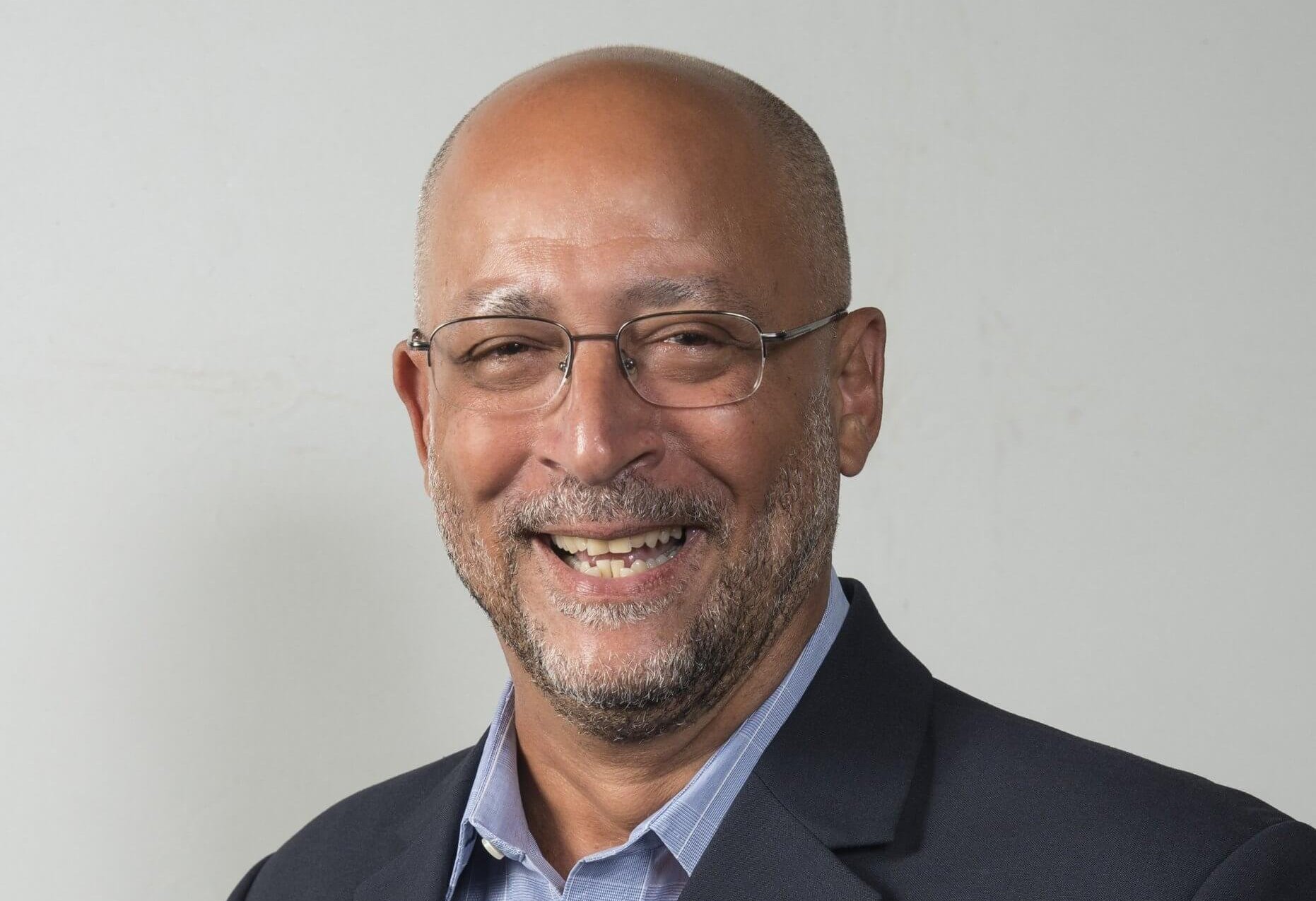Commissioner of INDECOM STATEMENT TO PAAC
 It has come to my attention that at the PAAC meeting of October 26, 2016 representatives of the JCF reported on the relationship between the JCF and INDECOM and in particular that:
It has come to my attention that at the PAAC meeting of October 26, 2016 representatives of the JCF reported on the relationship between the JCF and INDECOM and in particular that:
1. The JCF High Command has difficulties with my conduct of protocol negotiations between the organizations. This was illustrated by the charge that I have “flipped” protocols agreed between the parties.
2. Members of the JCF have failed to respond promptly to incidents so that they can avoid being involved in shoot outs and thereby elude being investigated by INDECOM.
3. Members of the JCF are being disadvantaged by having to pay legal fees consequential to their being investigated by INDECOM.
It is further understood that these reports caused much consternation amongst members of the PAAC.
Since independence Jamaica has been in the forefront of many campaigns for the international observance of human rights but, for decades, the use of force by Jamaica’s police has been a significant human rights issue. Many Jamaicans have complained of having suffered abuse and the government has had to pay large sums in damages for police abuses. In particular, Jamaica consistently recorded very high rates of police-involved killings and was found by an international tribunal to have failed to observe the right to life of its inhabitants by failing to properly investigate these incidents. The need to improve the human rights record of the JCF has been widely recognized not only by human rights NGOs but also by the MNS Strategic Review and the JCF’s Corporate Plan.
This is the context within which Parliament promulgated the INDECOM Act. This Act was intended to revolutionize the manner in which the security forces were investigated to bring those investigations in compliance with the Constitution. Such an endeavor would necessarily have to confront resistance and endemic cultural practices in the JCF and elsewhere.
It is understood that members of the JCF opposed the INDECOM bill. Since the Act has come into force some members of the JCF have continuously advocated for abolition or weakening of INDECOM. In support of these submissions these members have sometimes relied on inaccurate and defamatory statements, these included personal attacks, claiming that INDECOM investigators disarmed police officers on the street, and even blaming INDECOM for the murder of a constable.
The conduct of INDECOM has been subject to much oversight. There have been a number of applications for Judicial Review brought against us by members of the security forces, we have, so far not been unsuccessful. In every case that we intend to lay charges the DPP has been informed and in only one case has the DPP chosen to terminate the prosecution.
INDECOM and the JCF have been engaged in the settling of protocols since INDECOM’s inception but early efforts were thwarted by the JCF’s view that parts of the Act were unconstitutional and unworkable. The attempts to reach accord was revived in February 2014 following decisions of the Constitutional Court and the prompting of the then HMOJ and HMNS.
The approach was for a team from INDECOM (led by the Assistant Commissioner) and a team from the JCF (led by the DCP in charge of the Inspectorate) to meet, discuss and draft the protocols for final agreement by the respective Commissioners. Following this approach, a number of protocols have been agreed and, all but one, have been published in the JCF’s orders. The outstanding protocol was agreed by myself and by the Commissioner of Police some time ago but has yet to be published in the JCF’s orders. This protocol is the document that is holding up the INDECOM/JCF MOU. The delay is solely attributable to the JCF.
 Further, my team and I have always enjoyed polite and respectful relations with the JCF High Command. DCP Hinds’ claim is unfounded.
Further, my team and I have always enjoyed polite and respectful relations with the JCF High Command. DCP Hinds’ claim is unfounded.
If DCP Hinds’ report that officers are neglecting their duties in fear of being investigated by INDECOM is true, the officers may have breached the rights to life and security of the person of the citizens endangered by criminals. Such conduct, apart from being an issue for internal JCF discipline, falls within the investigative remit of INDECOM but was not reported to us by the JCF. INDECOM, on October 28, respectfully requested the Commissioner of Police to cause these reports to be made to us on or before November 2, 2016.
The issue of assisting police officers with their legal fees has been raised before. It is a routine part of any investigation to interview and take statements from potential witnesses. It is important that police officers, as public servants, give prompt accounts of events that they witnessed. The failure of the BSI and PPCA to secure prompt accounts was a particular criticism of the previous arrangements as it facilitated improper collusion and stymied many investigations. Parliament enacted s. 21 of the INDECOM Act to deal with this problem. The section empowers INDECOM to require statements or answers to questions. Other ombudsmen in Jamaica have virtually the same authority. The Constitutional Court has already ruled that the provision is consistent with the Constitution.
INDECOM always reminds concerned officers who are suspects of their right to have a lawyer present when they are being questioned. Police officers who are not suspects, but who may be potential witnesses, may have a lawyer present when they are being interviewed.
It would be wrong for INDECOM not to pursue a necessary investigative action because this may cause a concerned officer to have to pay legal fees. It is a matter for the MNS, COP, PSC and Parliament whether:
1. Officers should access the legal aid system.
2. Lawyers employed by state agencies are to be permitted to appear for members of that agency. Parties may ponder the issue of conflict of interest.
3. A special fund will be made available to settle legal fees incurred by civil servants. In this regard the considerations will be whether this fund may be applied to all, or particular offences; and whether all civil servants can access the fund or just police officers.
In most overseas police forces their version of the police federation makes arrangements for their members who are under investigation to have the assistance of a colleague or, when necessary, by counsel.
I am aware that there has been some public discourse as to whether the work of INDECOM has had a deleterious effect on the work of the police. Given that INDECOM’s role is to ensure that the police observe the law, and that the police force is committed to enforcing the law by lawful means, this argument must be untenable. I pray that Parliament will continue its support of this effort to further professionalize the police force and to secure the human rights of all Jamaicans.
………………………………………………….
Terrence F. Williams
November 2, 2016
INDECOM met with PAAC as Vision advised … we attach verbatim statement. Our comments are as follows:
1) The need for the Police internationally to conduct itself in less than professional manner is not negotiable. The police risk their lives to serve and this role cannot be overstressed, but to get a passport to abuse citizens’ human rights is unacceptable.
2) For JCF’s DCP Glenmore Hinds’ very public broadside of INDECOM Commissioner Williams to have occurred when the JCF and INDECOM are trying to establish protocols to better their working relations is shortsighted if not asinine.
3) Such a pubic display of arrogance is inexcusable. Cooler heads must prevail.
4) Jungle justice has no place in a modern society.
5) The respect for life is not negotiable … police must respect the right of life of all citizens. Abuses must be dealt with. Abusers must be brought to book. To do otherwise would be gross dereliction of international human rights Conventions for which Jamaica is a signatory.
6) Let good sense prevail. Police killings when unjustified cannot be swept under the carpet. Someone must be held to account.
7) Governments must be of laws and not of men. The law should be colour blind and all shall have equal rights (under the law).
8) INDECOM Is here to stay … Police killings have more than halved since 2010 when INDECOM was established.
A human life is priceless.
Long live INDECOM. Send us your feedback we could publish same.
Our Position
We do not support a MOU between JCF and INDECOM if this could water down INDECOM’s effectiveness.
By Hopeton O’Connor-Dennie who is Senior International correspondent & Photojournalist for Vision Newspaper Canada/Caribbean/West Indies Region.





